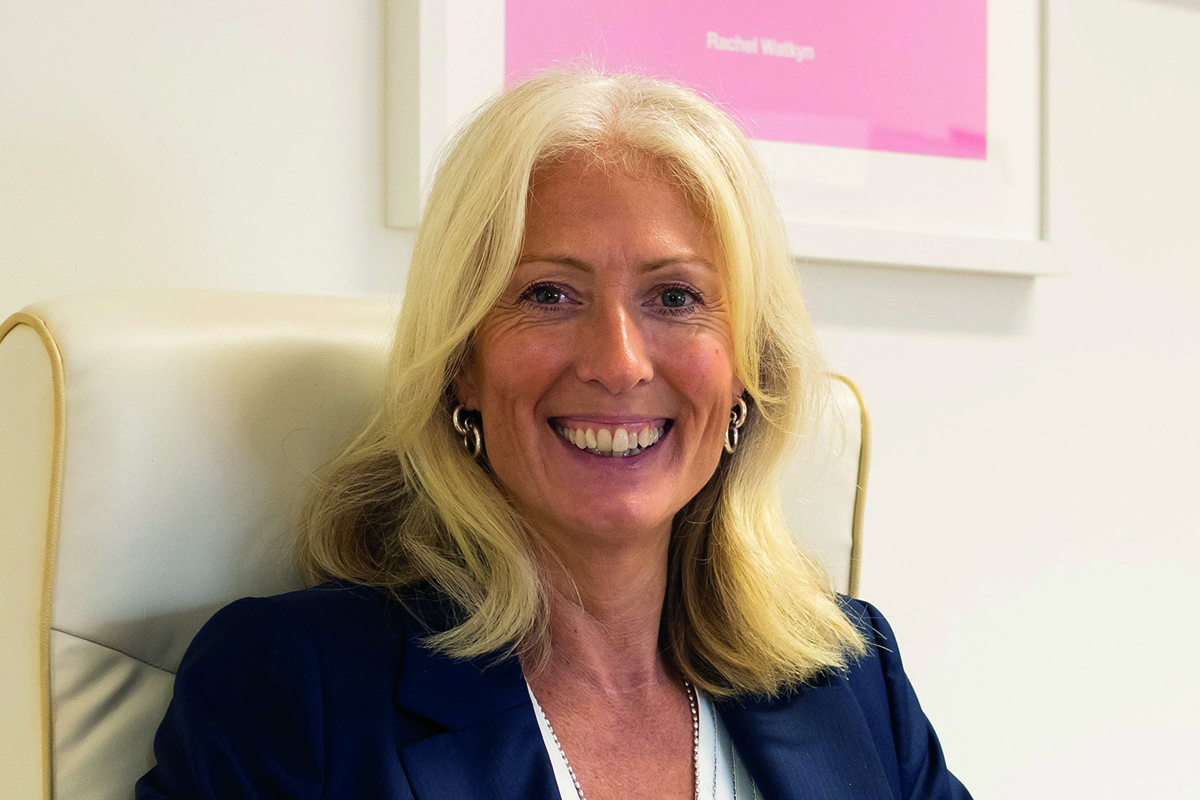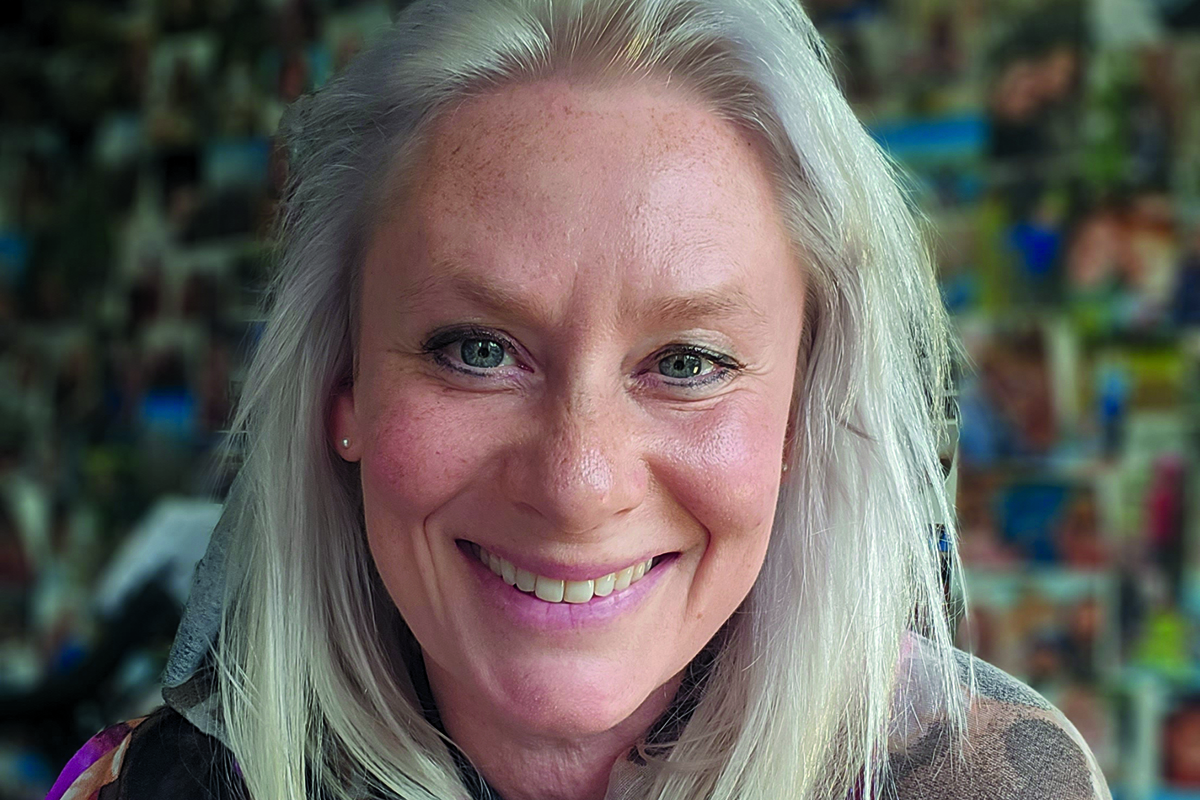
The B Corp movement was established 17 years ago with a vision to make business a force for good. B Corp recognises that businesses have many stakeholders. Putting shareholders first drives decision making that focuses on short term planning and is not responsive enough to the wider societal and environmental issues.
The business case
There are sound commercial reasons for considering and adopting B Corp status. There is a growing desire for a better business model – one that benefits all stakeholders. Where people, planet, the environment – and yes, profit – work in harmony. Business, we believe, must be conducted in a way where people and place matter.
We know it is increasingly important that all businesses play in both supporting change and being responsible for being part of that change. For several years, we have chosen to publicly support four of the UN Sustainable Development Goals - climate action, quality education, good health and well-being, and reduced inequalities. The B Corp assessment is a great model to benchmark our work and to guide our continued efforts to become a business meeting the highest standards of social and environmental performance, transparency, and accountability.
We find in our own business and in our clients’ businesses that competition for talent is tough. It is called a ‘war for talent’ with good reason, with individuals able to choose where they work. And increasingly, individuals want to work for organisations that reflect their own values. B Corp status is a pillar of a strong employer brand, supporting recruitment and retention.
Clients too look to buy from and work with organisations that share common values with them, and who can meet and demonstrate a strong commitment to environmental, social and governance (ESG) standards. We increasingly find our role, as trusted business advisors, goes beyond the financial and technical advice that are the mainstays of our profession, and we’re speaking with our clients and communities about impact, our role within it and its importance for us all in strategic planning. The independent certification required by B Corp is a clear statement of those values.
B Corps are a fast-growing community of businesses, with over 6,000 worldwide and 1,200 in the UK. It is an engaged and active community, with B Corps wanting to work with each other. We are proud that Kreston Reeves, one of the largest accountancy firms to achieve B Corp status, joins businesses that include the Jamie Oliver Group, Innocent, The Guardian, Pukka and Charity Bank. These are all businesses that choose the B Corp route and look to balance profit and purpose.
Our B Corp journey
Kreston Reeves started its B Corp journey in 2020 when defining its purpose - ‘to guide our clients, colleagues and communities to a brighter future’.
We recognised then that there is more we can do to become a purpose-led advisory firm. Our vision for the firm, set down in 2021, is ‘to be known for our commitment to CSR’ and to ‘embrace the majority of the principles of
a B Corp, balancing purpose and profit’.
B Corp accreditation was the next step in that journey – and it is important to note that is a continuing journey, not the destination. We were, at the time, unsure how close or how far we were from meeting those B Corp standards.
We do know, however, that all our 500 members of staff choose to work at Kreston Reeves, and we have a duty to make their careers and time at the firm as fulfilling as possible. That is achieved through our shared values and purpose, our training, alignment with personal purpose, providing engaging work, and the social aspects of working at
the firm.
We too recognise that we have a wider responsibility to our suppliers, the communities in which we work, our clients, and future colleagues.
Being on the journey as a B Corp provides us with guiding principles and goals to work towards,
It is not a quick and easy process. It requires a business to look at its social and environmental performance,
operations, and how its business model impacts people, community, and clients. It also looks at your supply chains, charitable giving, and workplace.
Certification is measured across five broad areas:
• Governance – such as the firm’s mission and transparency.
• Workers – such as career development, health and wellbeing, engagement, and worker-owned.
• Environment – such as environmental management, air and climate, water use and waste, renewable energy, transport, and suppliers.
• Community – such as diversity, equity and inclusion in hiring, supply chain management, civic engagement, local economic development.
• Customers – such as customer stewardship, education, economic empowerment.
Businesses are required to re-certify every three years, creating a journey of continuous improvement.
What does it mean for Kreston Reeves?
It’s not easy to make a difference; investing time, energy and resource in what can feel like the face of some
overwhelming challenges as the national and global position becomes even more difficult for many.
But that’s even more reason to do it, right? Nothing worth doing is ever easy.
And it does matter, that we’ve started this journey and are committed to making a difference. It matters to our business, our people, our clients, our communities, and the wider community. If everyone thought it was too difficult, then where would we be?
But we know there are areas we can still improve, and we’ll continue to focus on making those improvements. We want to have clarity and confidence in how we can define, measure, and communicate our impact.
Fundamentally, becoming a B Corp provides us with a benchmark for continuous improvement where people, place and profit all sit comfortably alongside each other, and it underpins our purpose of guiding our clients, colleagues, and communities to a brighter future.
Alison Jones and Jennifer Williamson can be contacted at enquiries@krestonreeves.com
Visit www.krestonreeves.com or call us on 0330 124 1399




